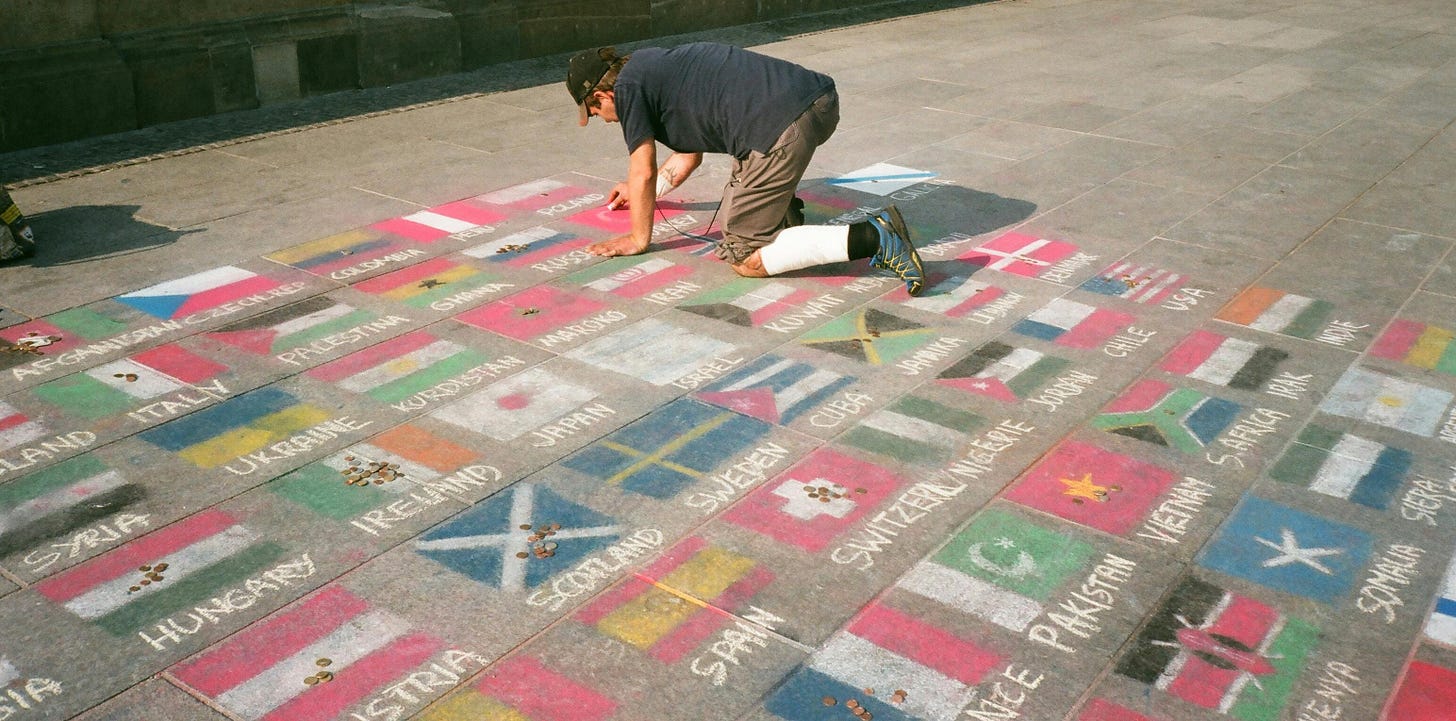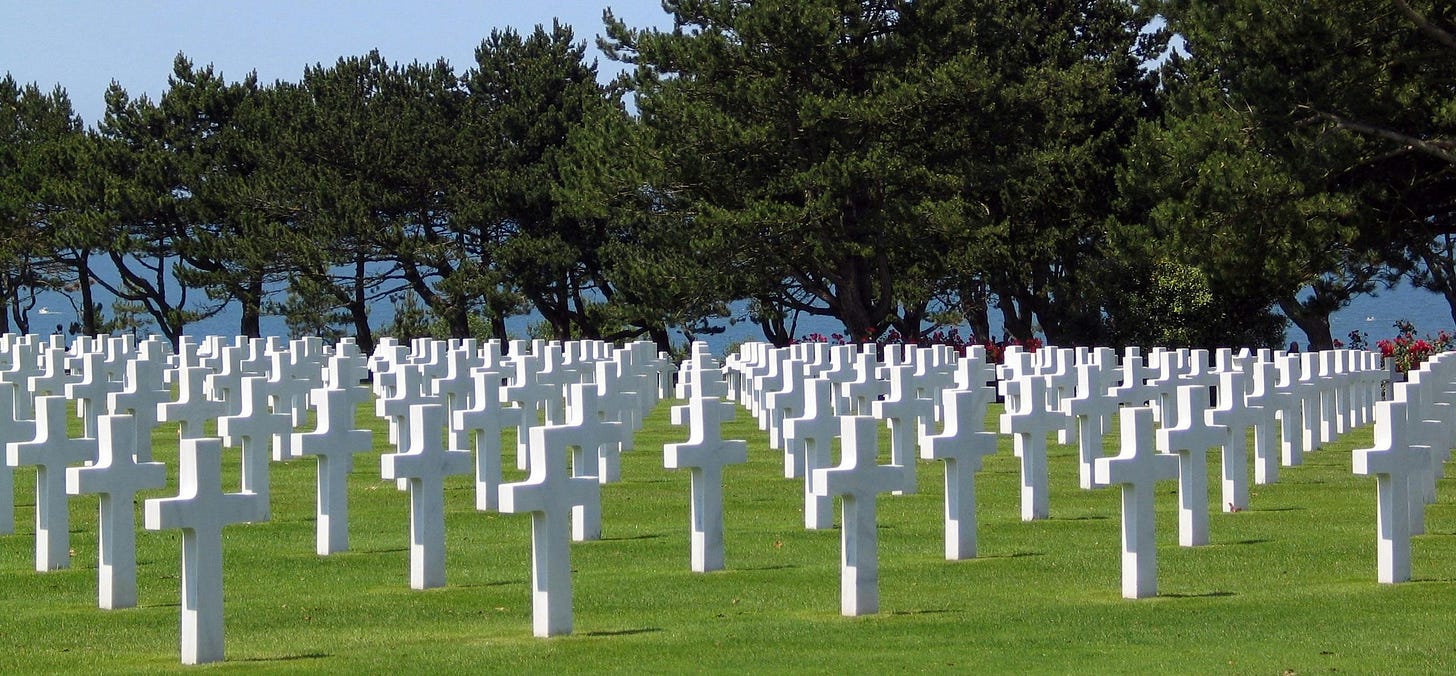Building a Consistent Approach to National Holidays as a Church
How church leaders can plan ahead to reasonably and honorably include celebrations of national holidays in their worship services.
Church leaders often struggle to know how to reasonably and honorably include celebrations of national holidays into their worship services. The Church, of course, exists out of time and place in a way that surpasses the restraints of the national identity of any country. But at the same time these holidays are an important cultural marker and filled with deep meaning for those in most any local church in most countries, so there is a certain pastoral balance to strive towards.
I think it could be said that going to either extreme one might imagine in this matter is inadvisable. On the one hand, ignoring all such holidays and commemorations would seem overly elitist, unkind, and escapist; and on the other side, devoting entire services including the preaching, songs, and liturgies to such holidays would seem nationalistic and potentially idolatrous. At the same time, most church leaders feel like whatever decision they make will make someone mad, if not entire groups of people that will be stopping them in the hallways or emailing them Monday morning.
Of course each church has to come up with their own approach to these national holidays. In my years of pastoral leadership I've had theological dialog about this balance with experienced worship leaders as well as those who value these things highly, including those who have served in the armed forces or who are governmental officials. Part of what I have found is that consistency is the key. The problem comes when you do a whole lot to emphasize the holiday one year, then the next year do very little. It is better to have something everyone can count on and a way to make sure the church can be trusted to not make too much, or too little, of things that many people in the church have a lot invested into, or which make them uncomfortable.
For this reason I'm sharing something I developed in consultation with others to communicate out to the whole church (by email or via a bulletin insert).1 By doing so it helps everyone know what's coming and consistency can be counted on. It also helps the worship planning team to work in advance and not miss something expected. It also helps a Church leader answer questions from those asking why we do or don’t do certain things that other churches may or may not do, without reinventing the policy every year.
Your church may have its own approach which may dial the emphasis up or down, but this is just the path I have chosen in consultation with others in the past. And of course, since I've only been a pastor in congregations in the United States, I've chosen the holidays of that nation to refer to in this "policy" of sorts. Perhaps it can be useful to you as well:
Patriotic Holidays in Our Church:
Our church gathers to worship God each Sunday, to remember and relive God’s story. In worship, we respond to the revelation of who God is as he reveals himself through the retelling and reliving of his story. Through scripture, songs, testimony, sermons, celebration of the sacraments, and even interacting with one another, God presents us with opportunities to understand more about him—more of him, and all that he has done, is doing, and will do in and amongst his people throughout the world.
As a local church found in the United States of America, we have an unusual and amazing privilege to worship God freely which we should be grateful for. We can gather together to proclaim his story regularly, creatively, boldly, and collaboratively. In exercising this freedom with thanksgiving and gratitude we recognize that this opportunity is a privilege, not a right that all of humanity has access to. Our community of Christ followers is committed to the weekly re-telling of God’s story in and through the corporate worship gathering, while also thanking God for our nation’s freedom to worship in the following annual celebrations:
Independence Day Sunday: Thanking God for our nation’s freedom to worship, we will honor him through enthusiastic prayer and praise. Additionally, we will encourage the people of CWC to participate in community Independence Day celebrations and pray that our presence in our community will reflect the light of Christ and the hope for all nations to worship him!
Veteran’s Day Sunday: Believing God is honored by our actions of selfless service, we invite those who have served in the military to dress in their service uniforms if they choose. We will pray corporately during our morning worship services, thanking God for those who have served and for those who are currently serving throughout the world. Additionally, we will encourage the people of our church to participate in selected community events associated with the holiday.
Memorial Day: Recognizing the great cost of war, we will pray for families within our community who have lost loved ones through active military service. We will corporately pray for the peace of all nations and ask God to use each of us as agents of peace in our various spheres of influence.
Additionally, asking God for his great provision, guidance, wisdom, and protection, we will join our hearts in prayer for our elections every year in a non-partisan way as part of our morning worship services and also pray for the leaders of our city, state, and nation by citing their position.
May our church always be a place where we grow in our understanding of our place in God’s story and where our worship reflects the worship of heaven: where the nations gather with joy to praise and honor Almighty God!
How about you? What’s your take on how to dial this up or dial it back in your context? What’s your personal preference or what have you admired about how other people have done it? Leave a comment and let us know:





13 years ago, my candidate Sunday happened to be Veterans Day weekend. When I found out we had veterans in the congregation, we scheduled a moment, as you described, to honor their selfless service, and it aligned okay with my sermon on Esther.
However, once I got the call I made the decision to remove flags (USA and Christian) from the stage and soon after begin to follow the Church/liturgical calendar. I believe that was transformative to the rhythm of our worship. God's people living on God's calendar instead of the national calendar.
We have kept Mother's and Father's Day on our worship calendar, but use those two dates as bookends to do a special annual work for our local pregnancy center partner. We have kept Independence Day and Halloween by hosting blood drives around those holidays. July 4 is pushed as a "we are freed to do good." We also host a blood drive on Good Friday. Most recently we have acknowledged Juneteenth not just as a personal holiday for some families in our congregation and community, but as a time of unity across the body of Christ, encouraging participation in multi-church worship held at one of the local historically black churches.
Couldn't agree more with Paul Tillman. My senior pastor and I are both veterans, so it's probably easier for us to ignore Veterans Day.